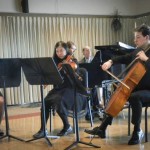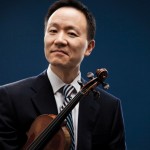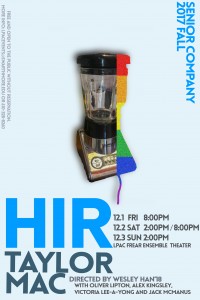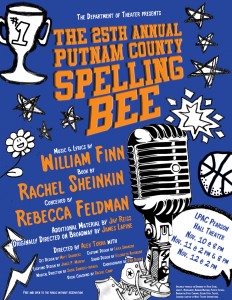Student musicians from the Elizabeth Pollard Fetter Chamber Music Program will perform three concerts in the upcoming months. The Elizabeth Pollard Fetter Music Program began in 1975 as the “Pollard Scholarship Funds,” with an initial contribution from Elizabeth Pollard Fetter ’25 in memory of her mother, Emilie Garrett Pollard ’93. The program has evolved several times since its conception, first granting scholarships for string quartets in the 1970s and eventually reaching its present form in 2001. The program currently helps fund the coaching of several chamber music groups. Students are required to audition, but as Fetter faculty advisor Dr. Michael Johns cautions, “[the] Program does not exist to discourage playing, it is here to share the beauty of collective music making with as many willing students as possible.”
Fetter student musicians come from a diverse background of musical styles and a broad range of experience but once a group is formed, Dr. Johns says, the expectation is the same for everyone: play your best, prepare your part, grow with the ensemble, and contribute.” In addition to their coaching, each Fetter group must conduct a one-hour, student-led rehearsal each week. As Dr. Johns emphasizes, “The students are not merely encouraged to take ownership, they must take ownership if the music is to come alive. Chamber music is conversation, not a top-down structure.”
The first program will be held on November 17th at 8:00pm in the Lang Concert Hall, and will feature the Swarthmore College Gospel Choir, a student piano composition, cello sonata, piano four-hands, and a piano quartet (piano, violin, viola, and cello). The program includes pieces by Johannes Brahms, Samuel Barber, and Antonín Dvořák, among others.
The second program will be held on December 1st and is part of the Eugene Lang Celebration. Dr. Johns says that while the Eugene Lang Celebration did not directly influence the program, “the student performers are aware that it is an honor to be on this concert and that they represent generations of Swarthmore students, faculty, and community members who have benefitted from Eugene Lang’s leadership and generosity.” Mr. Lang has made it possible for a great deal of students to pursue their passions in the arts, and the Fetter performers undoubtedly embody his vision of a rigorous, collaborative environment in which diverse musical styles can converge to create something meaningful. This concert is more focused on vocals and will include a vocal quartet, opera scenes, a soprano-piano repertoire (including one piece by the soprano herself), and a piano quartet.
The final program, held on December 2nd, will include three student composer’s string quartets, Renaissance vocal music, a string quartet, and the Swarthmore College Lab Orchestra with student conductors. Student conducting is an incredibly important part of Swarthmore’s music program that permeates virtually all of the performing arts on campus. For example, Shira Samuels-Shragg ‘19 was recently the Music Director for The 25th Annual Putnam County Spelling Bee, a job that combines orchestral conducting with dance and musical theater. To have a concert that features student conductors heavily befits their importance, and that of the musicians’, to Swarthmore’s performing arts community as a whole.
In addition to the many things that make the Fetter Music Program special, most groups within the program are taught by an outside professional musician that coaches the group throughout the rehearsal process. Swarthmore Music Chair Thomas Whitman ‘82 appreciates this attribute of the program in particular: “these coaches typically have particular musical expertise that is not present in the core Music Faculty, so Fetter enhances and deepens the overall curriculum of our Department.” He thinks that “Fetter is an under-appreciated gem that exemplifies what is best about the Swarthmore College experience,” molding an already-talented group of musicians into valuable contributors to the larger music world through rigorous practice and a deep intellectual engagement in their material. Dr. Johns agrees, adding that the world we live in now has a need for chamber music that many people probably do not realize: “Chamber music–the art of intimate musical conversation–is a vehicle that allows performers and listeners to experience their full humanity. It has never been more necessary. Students playing chamber music is enormously encouraging because they are the future and they will bring the qualities reinforced through chamber music–cooperation, respect for tradition, increased expressive and concentration capacity–with them into our fast-moving world.”
All of the concerts are free and open to the public
Gabriel Hearn-Desautels ’20









 Download and print a flyer.
Download and print a flyer.


